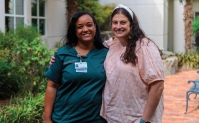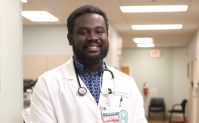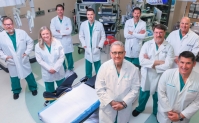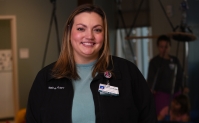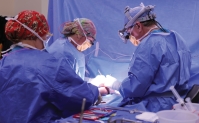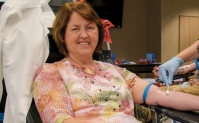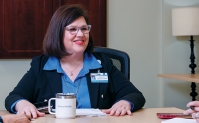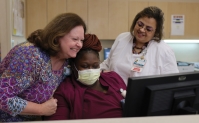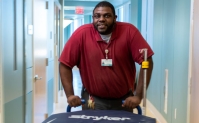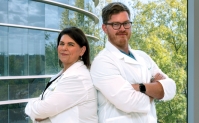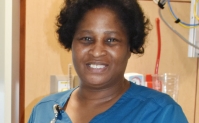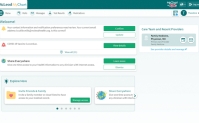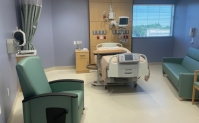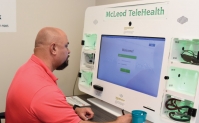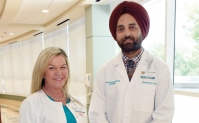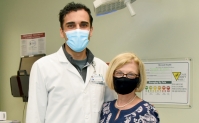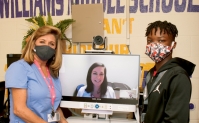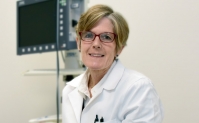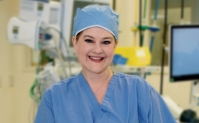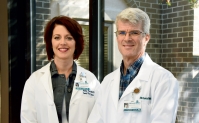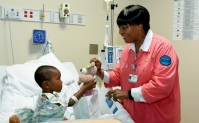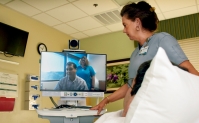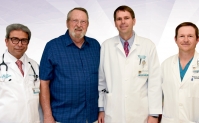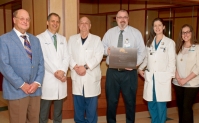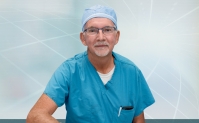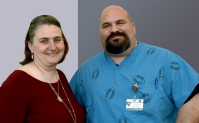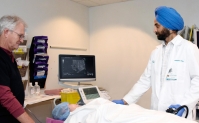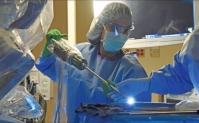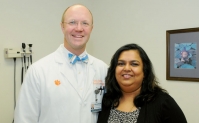You Inspire The Best in Us.
With the many advances in care and treatments, today’s patients have more and more reasons to expect the best outcomes. Here are the incredible stories of our patients and their journeys. Click on a thumbnail and scroll down to view each story.

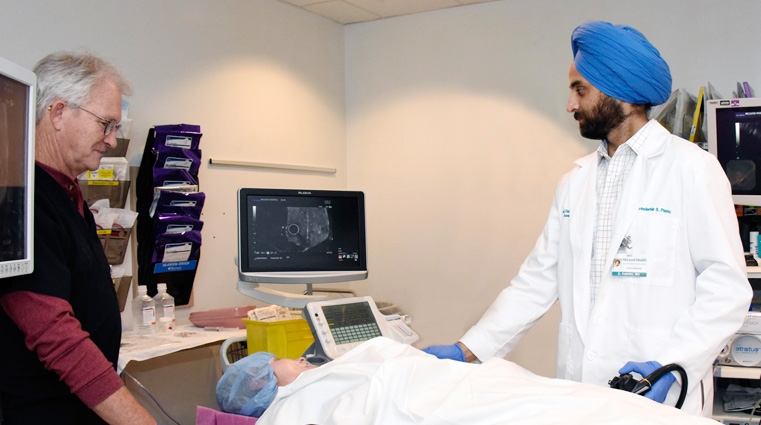
A Broader Scope
By Shaw Thompson
McLeod Digestive Health Centers Offer Innovative Diagnostics and Specialized Care.
Of the many health concerns facing the people of northeastern South Carolina and southeastern North Carolina, gastrointestinal (GI) conditions are some of the most common. Gastroenterologists are specially trained physicians who treat patients with these diagnoses. To bring quality physicians, collaborative approaches and the most innovative tools to combat these concerns, McLeod Health and McLeod Physician Associates have established the McLeod Digestive Health Center in Florence and the McLeod Digestive Health Center Seacoast in Little River.
The McLeod Digestive Health Center in Florence follows the merger of two existing physician practices and the arrival of newly recruited interventional physicians to the area. The six physician team is comprised of Dr. Deepak Chowdhary, Dr. Jeffrey J. Dorociak, Dr. Veeral Oza, Dr. Davinderbir Pannu, Dr. Timothy Spurling, and Dr. John Wolford. Dr. Khaled Elraie serves patients in Little River at McLeod Digestive Health Center Seacoast.
“McLeod Physician Associates is committed to providing physicians to meet the healthcare needs of the people in the communities we serve,” said Dane Ficco, Senior Vice President for McLeod Physician Associates. “We know that the treatment of gastrointestinal conditions is a great need in the region, and our McLeod Digestive Health Centers ensure that physicians are available to care for these patients.”
As board certified gastroenterologists, these physicians treat conditions affecting the esophagus, stomach, small intestine, colon, liver, pancreas, and gallbladder. The conditions treated include Hepatitis, Reflux, Peptic Ulcer Disease, Colitis, Gallbladder and Biliary Tract Disease, Irritable Bowel Syndrome (IBS), and pancreatitis. These gastroenterologists are also leaders of teams fighting cancer of the colon, intestine, and GI tract.
The most common procedures performed to diagnose and treat these conditions are called endoscopy -- tests that allow the physician to look inside the body by inserting instruments through the mouth or anus without making incisions. For many patients these procedures, especially a colonoscopy, means staving off cancer before it strikes.
“The gold standard for diagnosis of colon cancer is colonoscopy. There are other tests available but they are not as reliable or effective as colonoscopy,” said Dr. Chowdhary. “I know that it is not on anyone’s list of things to do for fun, but it does save lives. In fact, it is one of the few diagnostic procedures known to save lives. During the procedure polyps may be removed. Usually by looking at the polyps at the time of the test, we can tell how advanced they are and how likely they are to be cancerous. Most of the time, the polyps are small and can be removed during the colonoscopy before they can become cancerous.”
-
McLEOD REGIONAL MEDICAL CENTER FLORENCE
843-777-2000 -
McLEOD DARLINGTON
843-777-1100 -
McLEOD DILLON
843-774-4111 -
McLEOD LORIS
843-716-7000 -
McLEOD SEACOAST
843-390-8100 -
McLEOD CHERAW
843-537-7881 -
McLEOD CLARENDON
803-433-3000



-
McLEOD REGIONAL MEDICAL CENTER FLORENCE
843-777-2000 -
McLEOD DARLINGTON
843-777-1100 -
McLEOD DILLON
843-774-4111 -
McLEOD LORIS
843-716-7000 -
McLEOD SEACOAST
843-390-8100 -
McLEOD CHERAW
843-537-7881 -
McLEOD CLARENDON
803-433-3000
 Find a Doctor
Find a Doctor  Locations
Locations  Services
Services 